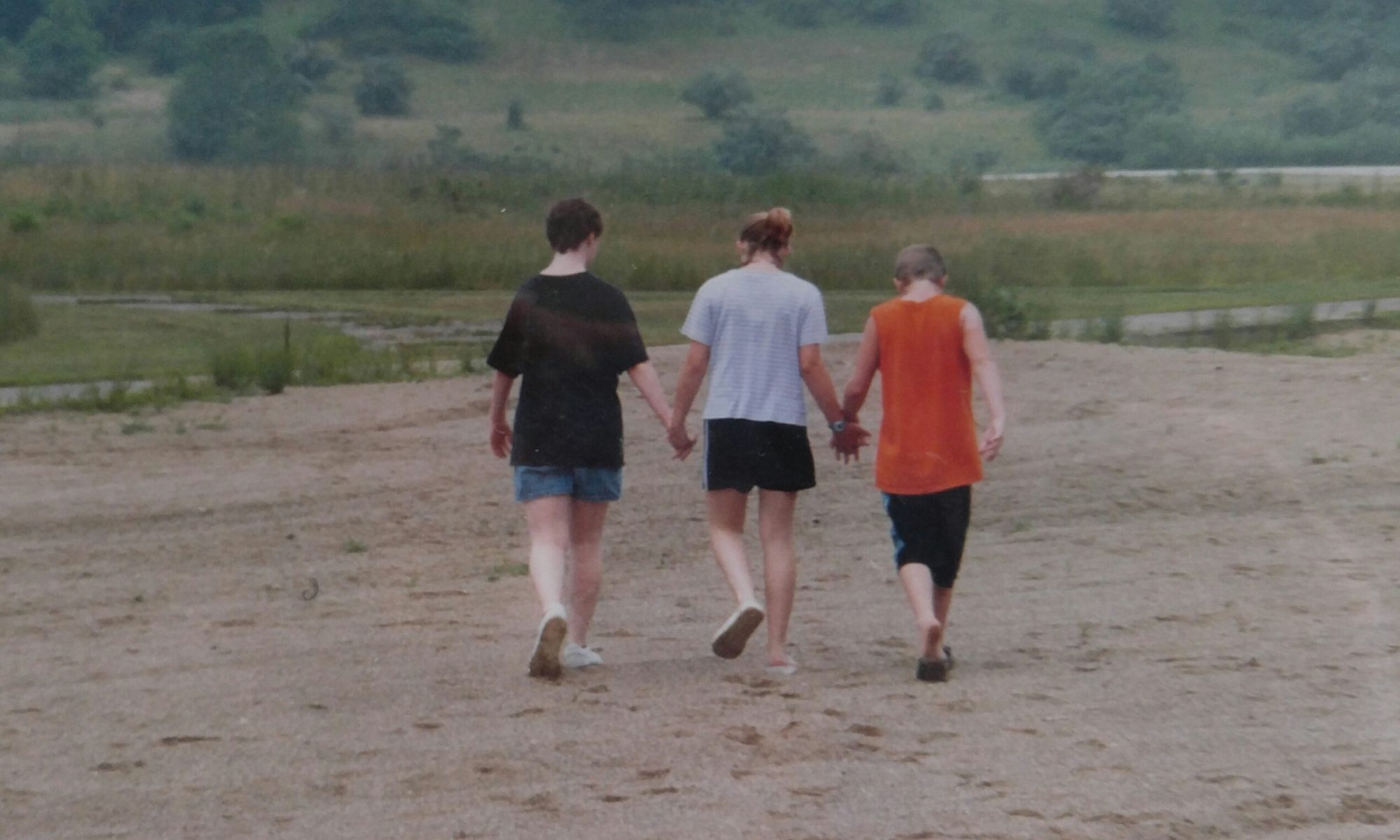I’ve been trying to decide all day what I want to write about autism this week. Usually, an idea pops in my head and I run with it, but this week, I have so much going around my brain that nothing is sticking. Until Rob came in to turn on the other lamp in the living room – now I know! 🙂
I’ve told you before about some of the routines we live with. Many are obsessive/compulsive – others are just the way Casey or Rob think life should be.
Rob seems to have more of these quirky “needs” than Casey, but last night, one of her quirks almost caused a major meltdown. She got out of the bath and was thrilled to have a cupcake and ice cream for a snack. (Thanks, Kenzie!) She was giggling – and then she wasn’t. She slapped her iPad and kicked her feet. I knew she was getting mad, so I calmly asked what she needed. She couldn’t or wouldn’t tell me. I was tired and not in the mood to deal with a screaming meltdown.
I kept asking and talking to her about what she would be doing this week. Finally, I said I had something to write on her calendar and she took off to get it. When she brought it to me, she pointed to today. Nothing was written on it – and I knew instantly what the problem was. She was going to Anna’s dance recital with my mom and I hadn’t written it on her calendar! I have no idea how this happened as she religiously brings that calendar to me. As soon as I wrote dance recital on it, she was happy and giggling again.
That just shows how quickly moods can change around here. It’s exhausting some days to try and think of everything they need to have done so they can feel safe and happy. Her meltdowns are few and far between now, but when they occur, it’s ugly. Thankfully, she usually gives me a warning that she’s getting upset before she is out of control – but not always.
Rob firmly believes that if the front door is open (which can only happen after a certain point in his mind) for fresh air, the ceiling fans in the living room, dining room and kitchen have to be on. And if one lamp is on in the living room, they both have to be. If the ceiling fan is on at Grandma and Grandpa’s house in the living room, the one in the dining room must be, too. I can try to get him to turn one off, but it causes him so much anxiety, it’s just not worth it.
He has to wear certain pants and shirts together. She mismatches whatever she wants to wear that day. (some days, I make her change. Other times, I figure she needs to be able to make some decisions on her own.) Pills and snacks need to be waiting when they get home from Hopewell and when they get out of the shower. It’s funny, but sitting here writing, it’s hard to remember what exactly some of our routines are. I do them automatically and without thinking about them.
Tonight is another example of their need for routine. Since Casey took a bath before she went to the dance recital, I told her she could just put PJs on instead of taking a bath. Nope – she has to have a bath. I said okay, but we don’t need to wash your hair so don’t get it wet. Yeah – that didn’t go over. And Rob kept asking about her taking a bath, because he only takes a shower after her. Honestly, if I tell him he needs to go first, he will, but he rushes through it so he can see if she is going to take her bath.
Every family who lives with autism knows about the need for routines. People look at me like I’m crazy at times because I hate to get the kids home much after 8. They are adults – I get that, but if we get home too late, they won’t relax and go to sleep. And my late evening turns into none of us sleeping until 1 or 2 in the morning. Sorry, folks, an extra 30 minutes or hour with friends is not worth that to me. I’m not spoiling the kids – nor am I letting them “rule” me. I am simply doing what is best for us. You don’t have to like it, but kindly keep your negative comments to yourself.
Our routines are such a big part of us. Like I said, every family with autism knows exactly what I mean and many others try to understand. It’s so hard to explain to people who don’t live with autism just what our lives are like. I can’t honestly say I know what my autism mom friends lives are like. I can picture some of it, but their children are so different than Casey and Rob, I can’t know exactly. I can, however, sympathize and laugh with them. (Yes, we laugh at our lives and our kids – we are not being insensitive to their needs – we are letting off steam with people who know how crazy nuts our lives can be!)
Without our routines, Casey and Rob (and I!) would be extremely anxious and upset. We do things that appear odd to others because we need to. Autism is funny that way. 🙂 Once we find a routine that works, it’s nearly impossible for me to bring myself to change it. I wait until one of the kids decides it needs changed and then we find a new one.
Autism is definitely never boring! 🙂










